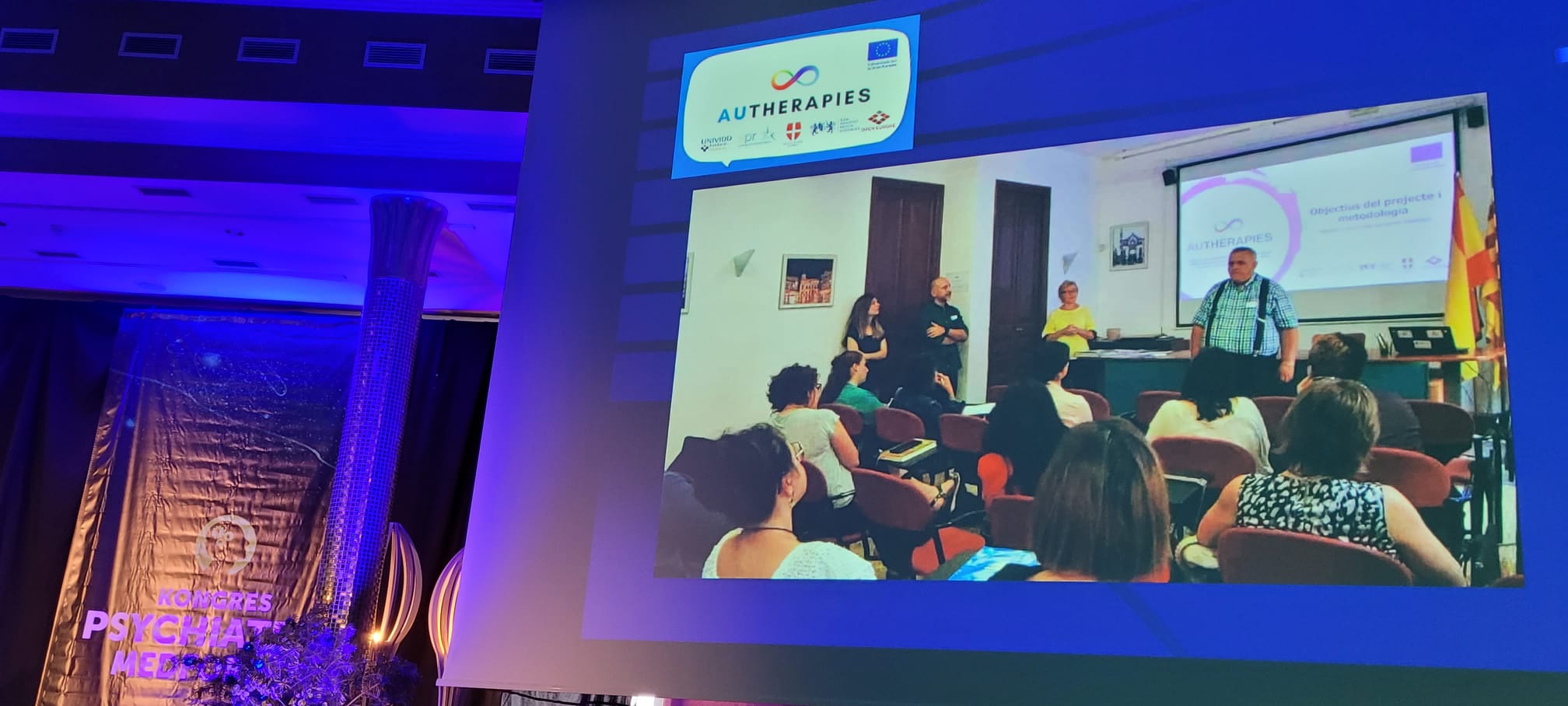As part of the international AUTHERAPIES project carried out under the Erasmus+ program, an interdisciplinary scientific conference was held on June 2, 2025, dedicated to modern, evidence-based therapeutic approaches for individuals on the autism spectrum. The event brought together numerous therapists, doctors, psychologists, educators, students, as well as family members and caregivers of individuals with autism—all interested in effective forms of support.
The main goal of the conference was to increase competence in evaluating and consciously choosing therapies that are scientifically proven to be effective.
The honorary guest of the event was the Dean of the Faculty of Medical Sciences in Katowice, Prof. Tomasz Francuz, MD, PhD, who in his welcome speech emphasized the importance of linking science with practice and the role of universities in shaping a responsible, knowledge-based support system for individuals on the spectrum.
The conference was opened by Dr. Krzysztof Krysta, MD, PhD, Professor at the Medical University of Silesia, who presented contemporary challenges in the diagnosis and treatment of ASD. He discussed the need for individualized therapeutic approaches and early detection of comorbidities often associated with autism.
Next, Dr. Ewa Martyniak, PhD in Health Sciences, presented the objectives and current outcomes of the AUTHERAPIES project, conducted in partnership with institutions from Poland, Spain, Italy, and Belgium. The project focuses on increasing the knowledge of families, individuals on the spectrum, and specialists regarding autism therapies that are scientifically validated. One of the project’s key outcomes is a publicly accessible training platform and a database of EBI (evidence-based interventions), evaluated according to international standards.
In the following presentation, Prof. Marek Krzystanek, MD, PhD, offered a critical analysis of autism diagnoses, highlighting the risk of confusing ASD with other mental disorders and the impact of social and linguistic changes on inflated recognition rates. He presented criteria distinguishing ASD from phenomena such as narcissism or personality disorders.
Dr. Joanna Hyrnik emphasized the importance of the therapeutic relationship when working with neurodivergent individuals. She pointed out the need to create a stable, diversity-respecting therapeutic space in which the patient can develop a sense of safety and identity.
Then, Joanna Zarzycka, MA, presented details on implementing the supported employment model as an effective method for professional activation of individuals on the spectrum. She introduced a five-stage framework for working with clients, from creating a vocational profile to long-term support in the workplace. She highlighted the role of interpersonal skills in job coaches and the importance of interdisciplinary collaboration.
At the conclusion of the conference, Dr. Krzysztof Wilczyński, MD, discussed shared mechanisms underlying various neurodevelopmental disorders. He emphasized the necessity of comprehensive diagnosis that considers both challenges and the patient’s strengths, as well as the integration of different perspectives in therapy planning.
Conclusions and significance of the event:
The conference was not only a scientific forum but also a place for exchanging experiences and integrating professional communities and families of individuals with autism. It was emphasized that effective support must be based on reliable knowledge, current research, and respect for neurodiversity.
The event marked an important step in promoting the results of the AUTHERAPIES project in Poland and was met with very positive feedback from participants. Thanks to international cooperation and the involvement of specialists from various fields, it is possible to genuinely improve the quality of support offered to individuals with ASD and their families.
